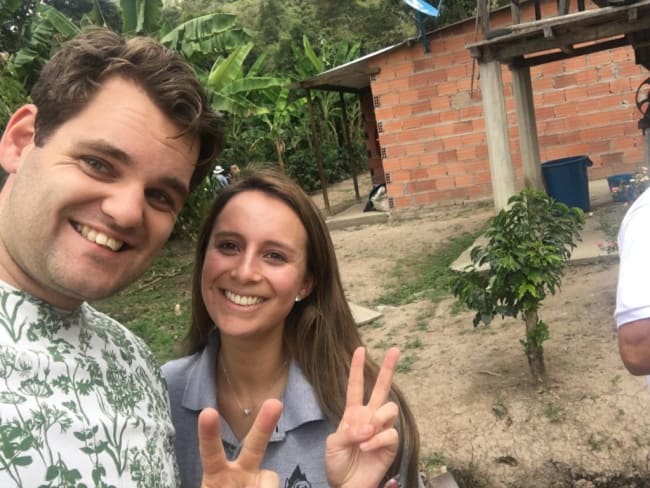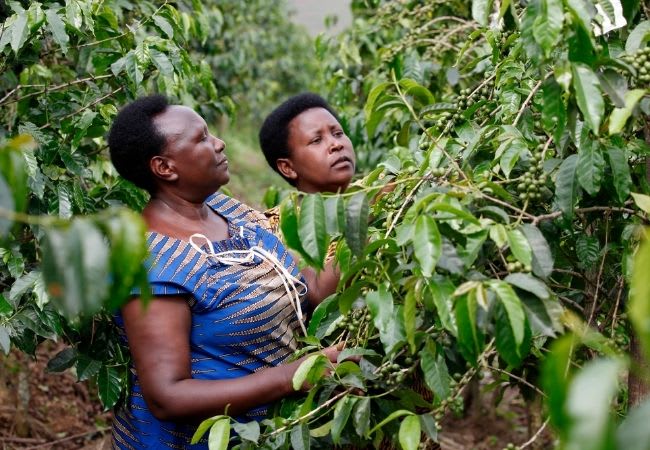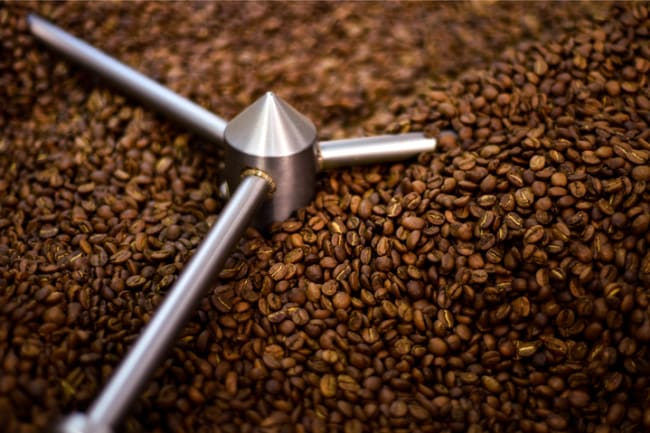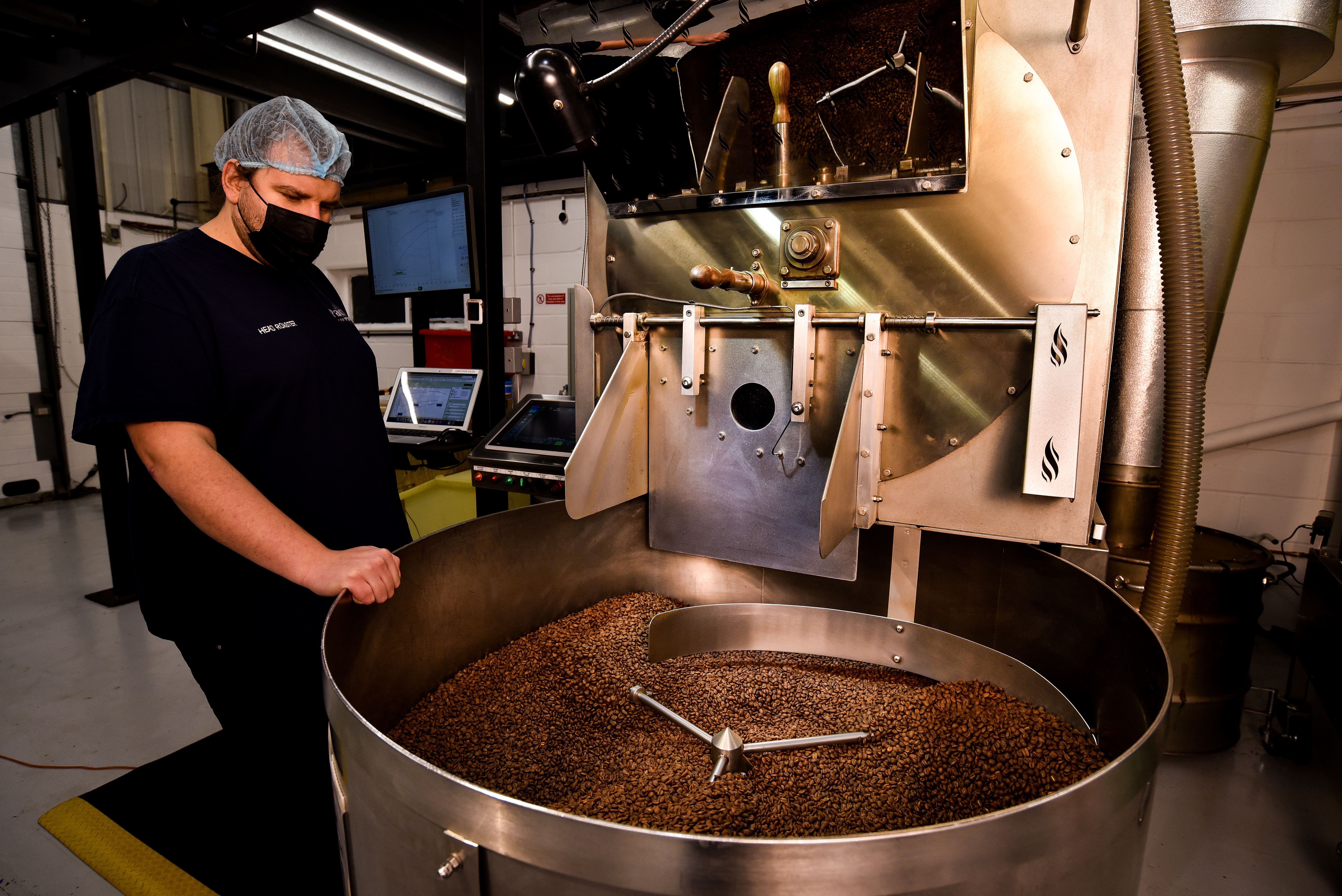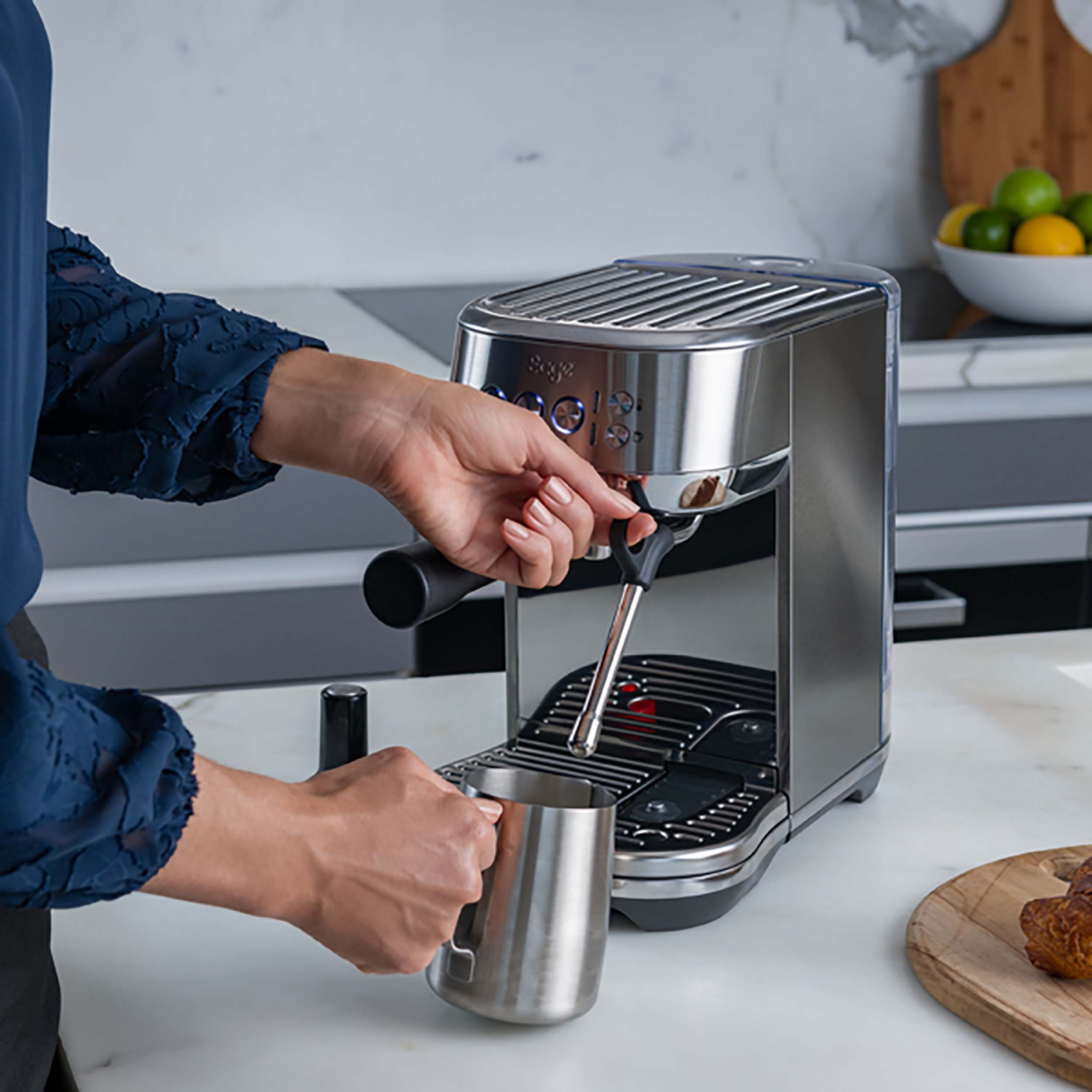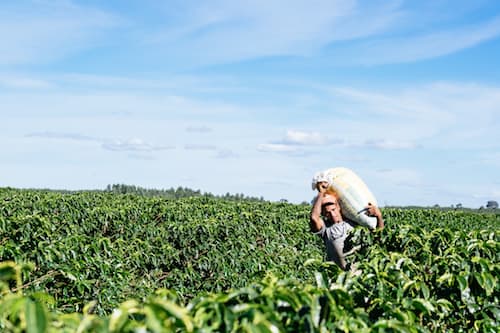Meet Maria Olano, Speciality Coffee Buyer at the Federación Nacional de Cafeteros (FNC) and longtime friend of Pact Coffee
Hi, Maria. Can you tell us about yourself?
My name is Maria Alejandra Olanao and I was born in Bogotá, Colombia. At 25 years old, I’ve already discovered my passion: coffee.
I have a Master’s Degree in Coffee Economics and Science from the Università del Caffè, in Italy. Before that, I studied Business Administration in Colombia – apart from that year in Italy (and a semester in France), I’ve spent most of my life there.
When you’re not working in (and drinking!) coffee, what do you like to do?
Whether it’s to coffee farms around Colombia or overseas like I did for my studies, I love travelling! Other than that I love reading and having fun with my friends and family.
You work for the FNC (the Colombian Coffee Grower’s Federation) – what should our readers know about that organisation?
We represent 560,000 Colombian coffee producers, both nationally and internationally. This involves conducting research on things like new coffee varieties, improved processing methods, and technology development. It also involves passing on our knowledge – offering agronomic recommendations to every coffee grower in Colombia.
Our wider aim is to promote Colombian coffee to the whole world, with our own coffee brand – Café de Colombia. Not only does this mean our quality of coffee is internationally known, it also means we can uphold a purchasing guarantee for the producers we represent. We make sure every Colombian coffee producer is paid a fair, and immediate, price for their crops. This was instituted to provide leverage to to small-scale coffee growers that didn’t know how to sell their green.
What’s so good about Colombian coffee?
Colombia is a unique country, when it comes to coffee. It has a variety of very different microclimates, three mountain ranges and coffee growing from 800-2400m above sea level.
Also unique to Colombia is the average farm size. 95% of Colombian coffee growers own a farm of just five hectares or less. Having a small piece of land means farmers can do most the labour themselves, meaning all their own effort and dedication goes into the coffee. Colombian coffee is special, because in each cup you can find the best efforts of a producer.
How did you start working at the FNC?
I didn’t even drink coffee before, but I applied for an internship at the FNC while studying as it was a requirement of my course. They accepted my application, I finished my internship and moved to work in Speciality Coffee sales… and now I need three cups of coffee a day!
What does someone working in Speciality Coffee at the FNC actually do, day to day?
My role essentially involves connecting coffee producers with buyers. I select the highest quality lots I can find in Colombia, and offer this excellent coffee to clients all over the world.
There’s no ‘typical day’ – some days I’ll be travelling to different regions to visit producers, or cupping coffee to approve purchases, and sometimes I’ll be sending samples to clients, or closing deals.
The priority is to provide a great service to clients – and a lot of that involves logistical work to make sure shipments are on time. But my favourite part of the job is talking to and learning from coffee growers – they’re the ones that know the most about this business.
Tell us how you know Will, our Head of Coffee
More than a business connection, Will is a close friend. We met over three years ago, and have been close ever since. Whenever Will comes over to Colombia, which is most years, we have a lot of fun spending weeks visiting coffee farms around the country. To us, Will is an ambassador of Colombian coffee. And that makes us really proud.
How is working with Pact Coffee different to your relationship with other companies?
It doesn’t compare. And that’s because with other companies, there’s no relationships between them and the producers they buy from – even if they are buying at high prices. Coffee prices are generally volatile, and there is no certainty what prices crops will be bought at in the next weeks or months, so producers don’t know if their efforts will be profitable long term.
Working with Pact Coffee means producers can think of themselves as entrepreneurs and business people, as the promise of a long-term buying relationship means they can invest more in procedures and processes without risk.
It’s satisfying for me to see how producers have improved their coffee and grown their farms, at the same rate that Pact Coffee has grown. From working with just five producers, Pact is now maintaining a relationship with 25 Colombian farms.
What’s your ideal flavour profile when it comes to coffee?
I really like fruity, well-balanced coffees. A sweet, fruit-flavoured coffee brewed in Chemex is the perfect start to the day.
What happened at the world cup this year?!
We played an excellent game… but penalties are a lottery. This year we let you win, but we will have many games to come.

